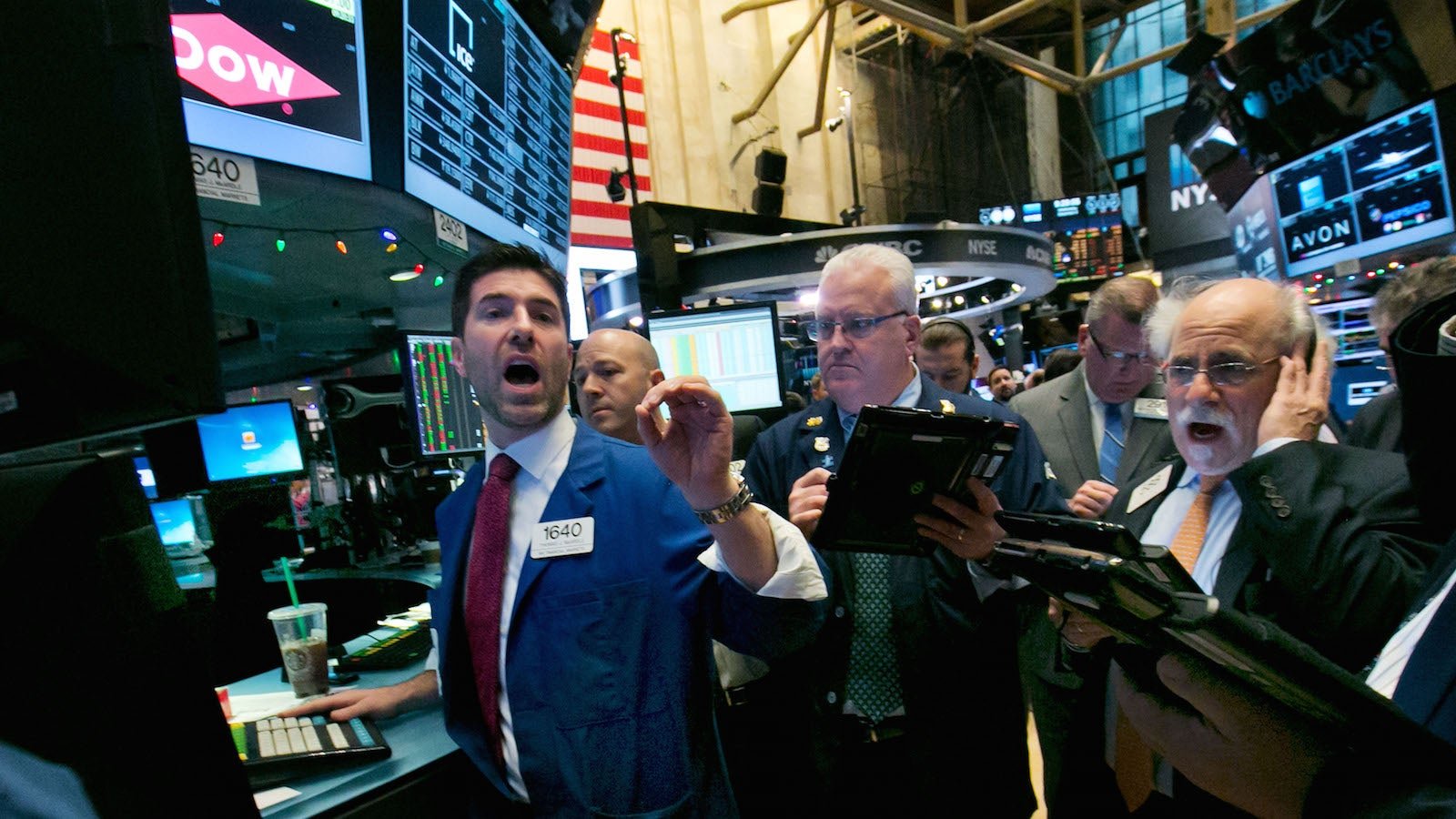Dow Chemical and DuPont are merging—and will carve the combined company right back up
In a year brimming with mega-deals between corporate titans, yet another pair of heavyweights is planning to tie the knot.


In a year brimming with mega-deals between corporate titans, yet another pair of heavyweights is planning to tie the knot.
Dow Chemical and DuPont, respectively the world’s second- and sixth-largest players in the chemicals industry, have officially struck an agreement that, if approved by regulators around the world, would create an industry behemoth, with a current combined market value of $130 billion. But the conglomerate wouldn’t stay whole for long.
The combined company, to be called DowDuPont, aims to break into three publicly traded companies within two years of closing the merger. (The merger deal, billed as a marriage of equals, is expected to be finalized in the second half of 2016.)
The three separate businesses, which will be spun off tax-free, will focus on agriculture, material science, and speciality products. The largest of the three would be the material science company, which would concentrate on packaging, transportation, and infrastructure fields, and have a combined revenue of $51 billion, on an adjusted basis.
“Over the last decade our entire industry has experienced tectonic shifts as an evolving world presented complex challenges and opportunities—requiring each company to exercise foresight, agility and focus on execution,” said Dow chairman and CEO Andrew Liveris, who will be executive chairman of the combined company. DuPont chief Edward Breen will be CEO.
The companies said the deal would also help them cut about $3 billion in combined costs during the first two years, with another $1 billion in potential savings the following year.
Shares of both companies were relatively flat this morning on the news, which the market reacted to earlier in the week—positively—as word of the merger talks spread.
After the merger, Dow and DuPont shareholders will each own about half of the combined company’s fully dilluted shares, excluding preferred shares.